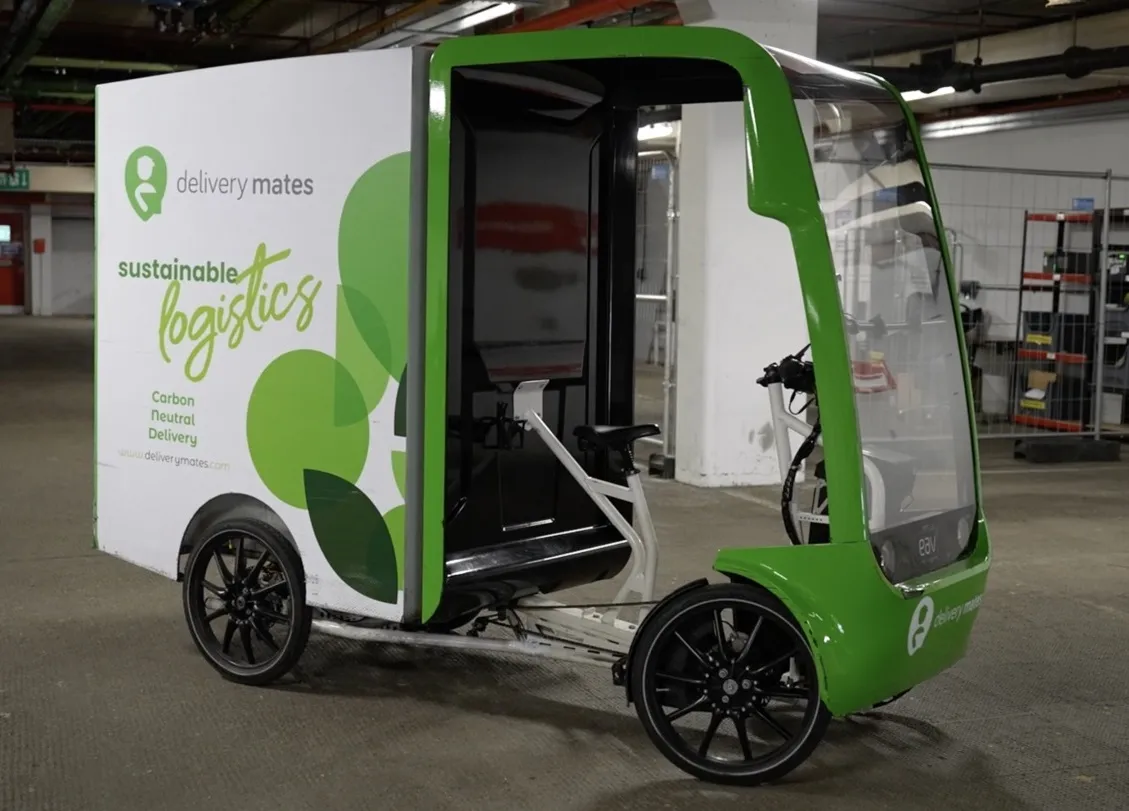The UK Government has announced that it will provide grants of 25 per cent towards the cost of a new, plug-in electric car, capped at US$7,630.
February 2, 2012
Read time: 1 min
The UK Government has announced that it will provide grants of 25 per
cent towards the cost of a new, plug-in electric car, capped at
US$7,630. Some $46 million is also being provided for a network of
electric vehicle hubs, called Plugged-In Places, which will see charging
infrastructure appearing in car parks, major supermarkets, leisure and
retail centres as well as on the street.
The Plug-in Car Grant, which is open to both private and business fleet buyers, will be distributed directly to the consumer at the point of purchase and will be available across the UK from January 2011, by which time a range of eligible vehicles is expected to be available.
The first Plugged-In Places have been named as London, Milton Keynes and the North East; and between them they will be installing over 11,000 vehicle recharging points during the next three years. A second competition for Plugged-in Places funding is to follow later in the year, with consortia from the West Midlands, Cornwall, Sheffield, the Lake District, Greater Manchester and Northern Ireland having already confirmed their intention to bid for the next wave of funding.
The Plug-in Car Grant, which is open to both private and business fleet buyers, will be distributed directly to the consumer at the point of purchase and will be available across the UK from January 2011, by which time a range of eligible vehicles is expected to be available.
The first Plugged-In Places have been named as London, Milton Keynes and the North East; and between them they will be installing over 11,000 vehicle recharging points during the next three years. A second competition for Plugged-in Places funding is to follow later in the year, with consortia from the West Midlands, Cornwall, Sheffield, the Lake District, Greater Manchester and Northern Ireland having already confirmed their intention to bid for the next wave of funding.









